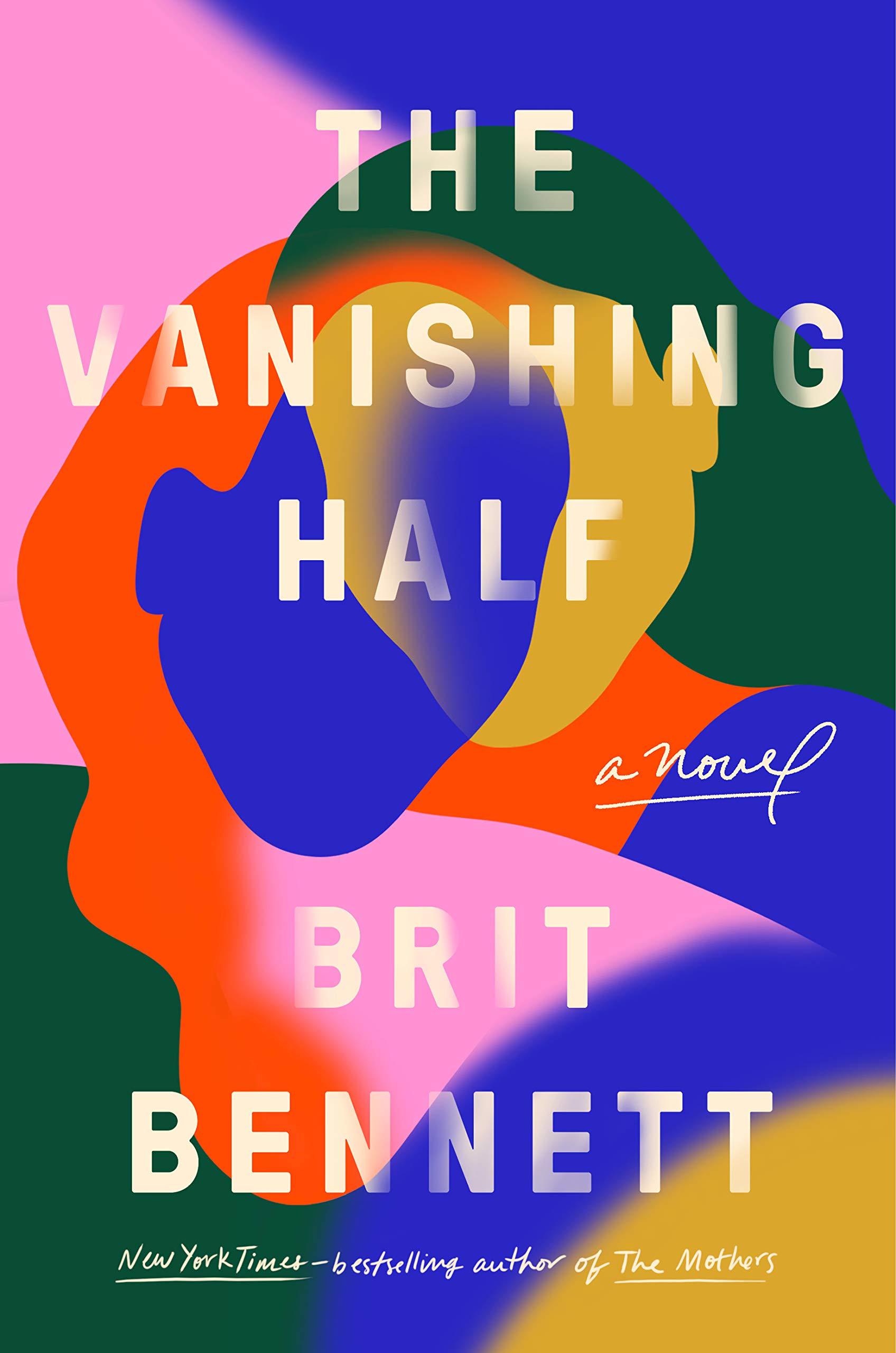Chapter 11: Personal Autonomy and Ambition Amid Societal Expectations
byIn this chapter, Stella Sanders is caught in the intricacies of her evolving self, her family, and the tension between the two. Teaching statistics at Santa Monica College, Stella’s story becomes a powerful reflection of improbable growth—considering her unconventional academic journey. Her journey highlights the balance between personal autonomy and ambition, as she navigates challenges with resilience. Having dropped out of high school and later returning to education as an adult, Stella’s rise to the role of a college instructor represents the very odds she often discusses in her classroom. Her academic pursuits, though achieved with determination, come in contrast to her earlier life decisions, many of which were rooted in practicality rather than passion.
Her past, one filled with sacrifice and compromise, reveals the depth of her struggle to reconcile personal identity with the expectations placed upon her. Moving from New Orleans to support her husband Blake’s career was one such choice—a pragmatic decision that stifled her own ambitions in favor of those of her husband. Now, years later, Stella finds herself grappling with the ever-present tension between the societal expectations of being a wife and mother, and her desire to be recognized as more than just the supporting character in someone else’s story.
Her relationship with Blake is emblematic of this disconnect. While Blake seems indifferent to her accomplishments, focusing instead on his own work, Stella wrestles with her dissatisfaction with their life and the growing chasm between their individual aspirations. It becomes clear that their values diverge—Blake’s comfort in maintaining the status quo stands in stark contrast to Stella’s internal need for intellectual fulfillment and autonomy.
At a Beverly Hills retirement party, Stella is faced with the painful realization of how far her life has deviated from the intellectual spaces she once envisioned for herself. Surrounded by shallow social encounters and neglect from Blake, she finds herself reflecting on the journey that took her from being a GED candidate to aspiring statistics professor. While she struggles to fit into the world of academia, it becomes a rare space where she can reclaim some sense of self and intellectual purpose. In these moments, she feels a subtle rebellion against the life Blake has built around her—one that is often focused more on appearances and social standing than personal growth or ambition.
This conflict is further underscored by Stella’s relationship with her daughter, Kennedy, whose decision to drop out of college to pursue acting serves as another point of tension. Stella is dismayed by her daughter’s choice, seeing it as a reflection of irresponsibility and lack of direction. Yet, at the same time, she is forced to confront her own ambivalence about her career and ambitions. The generational clash highlights the differences between Stella’s need for intellectual validation and Kennedy’s desire for creative expression. While Stella wants to see Kennedy take the academic path she never had the chance to, Kennedy yearns for the freedom to explore her artistic dreams—further highlighting the divide between their values.
Conversations with Peg Davis, a faculty mentor, bring Stella’s internal struggle to the forefront. Peg’s unwavering support and encouragement to pursue graduate studies serve as a catalyst for Stella’s own reflection. Despite her progress, Stella is reluctant to fully embrace the idea of advancing in her field, caught between her desire for intellectual autonomy and the deeply ingrained role she feels as a wife and mother. Peg acts as a mirror to Stella’s own unfulfilled potential, challenging her to redefine herself outside of her familial duties and societal roles. The notion of pursuing her ambitions, however, feels daunting and fraught with insecurity—primarily due to the limitations imposed by Blake’s conservative outlook and Stella’s fears of rejection and failure.
Ultimately, this chapter poignantly explores themes of identity, ambition, and personal autonomy. Stella’s struggle between societal norms and her desire for personal growth mirrors the broader experience many women face—trying to balance family obligations with the need for self-fulfillment. Her journey encapsulates the profound conflict between duty and desire, and her narrative serves as an insightful commentary on the complexities of self-discovery, particularly in the face of societal pressures. Stella’s story is a compelling exploration of how women, often forced to conform to traditional roles, can nevertheless strive for and attain their own aspirations, even if those ambitions come at a personal cost.


